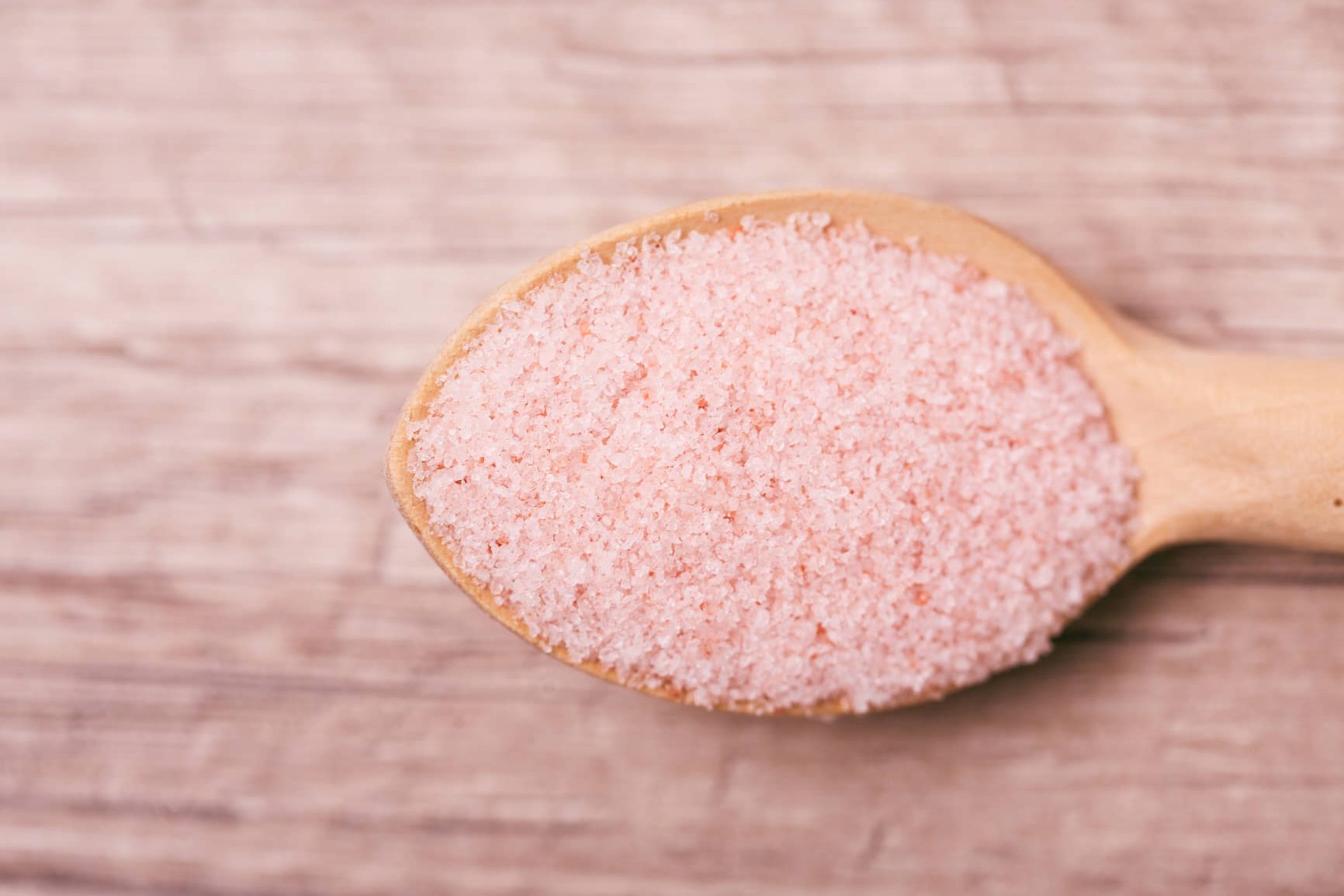-
What comes to mind when you hear the term ‘cholesterol’? Is it the stereotype of an overweight older man devouring fried food? While he may have his issues with cholesterol, he’s not the only one.
In fact, high cholesterol is becoming more common in otherwise healthy young people. Recent studies show that it affects nearly one in five Australians aged 18-34. That’s more than one million of us.
Researchers are warning that high cholesterol as a young adult can impact long-term cardiovascular health. What you're doing to your body now may increase your risk of diseases like heart attack and stroke later in life.
How do you know if your cholesterol is too high?
Cholesterol is a fatty substance essential to metabolising food. But having high levels of the wrong type of cholesterol in the blood can increase the risk of heart disease.
There are often no symptoms or signs of high cholesterol, but you may be at risk if you:
- Are a smoker
- Have high blood pressure
- Are overweight
- Have diabetes
- Have a family history of high cholesterol
- Consume foods high in saturated fat
- Don’t regularly exercise
Your doctor can check your cholesterol levels with a blood test (or lipid profile), and you’ll need to fast beforehand. If high cholesterol is a problem, you’ll be looking at diet and lifestyle changes, and in some cases you may need medication.
Which foods help to lower cholesterol?
You won’t be surprised to learn that leading a healthy, active lifestyle is the best medicine to keep cholesterol levels in check. Choosing the right foods can help lower cholesterol. Ditch the takeaway, fried foods and treats high in saturated fats, and start eating more:
- Lean meat - choose meat trimmed of fat or labelled ‘heart smart’. When it comes to sandwiches, avoid fatty, processed meats and opt for turkey breast or lean chicken instead.
- Fish - fresh, frozen or tinned, you should be eating fish at least twice a week. Forget the crumbed and battered versions and favour oily fish like mackerel and salmon.
- Fresh fruit and vegetables - ‘eat the rainbow’ as they say, with a wide variety of fruit and veg in your diet every day.
- Foods rich in soluble fibre and healthy fats, such as raw nuts (almonds and cashews are great!), legumes and seeds like sunflower and pumpkin.
- Reduced-fat milk, yoghurt and other dairy products.
- Plant-based oils and spreads like sunflower, olive, corn, walnut and rapeseed oils.
If in doubt, chat your GP or check out the Australian Dietary Guidelines.
What else can you do to prevent high cholesterol?
While diet is all-important, lifestyle changes can also help lower cholesterol.
- Drink less - one or two drinks a day is ok but binge drinking is not.
- Quit the sticks - smoking increases the damage that bad cholesterol can cause.
- Get off your butt - exercise regularly, even if it’s just a half hour walk each day.
- Drop the excess baggage - easier said than done but healthy eating and exercise are great places to start when it comes to losing weight.
When diet and lifestyle changes aren’t enough (genetics can be a factor) your doctor may start you on medication to get your cholesterol levels down. Unfortunately that doesn’t mean you can eat and drink whatever you like - diet and exercise will need to go hand-in-hand with any drug treatment.
Cardiovascular disease is a major cause of death in Australia, with over 45,000 deaths a year. High cholesterol is one of several risk factors, but the good news is that in many cases you have the power to control it by making the right decisions about what you eat, drink and how you live your life. And it’s never too early to start.
Have you checked your cholesterol lately?

-
Scratching the itch: How to deal with mozzie bites this summer
Ever wondered why you get bitten more than others?
-
Get ready for summer guide
Shake off the very last of those winter blues and start preparing for your most energised summer ever.
-
Foods to fuel your brain
Get the edge in your exams with these tips
-
Proven ways to prevent a cold
We explore the effectiveness of supplements, and our top tips to keep you as healthy as possible this winter.
-
Exploring ‘The Science of Happiness’
Psychologist Emily Toner on the benefits positive psychology.
-
Salt: How much is too much?
It’s probably less than you think.
Subscribe to receive the best from Live Better every week. Healthy recipes, exercise tips and activities, offers and promotions – everything to help you eat, move and feel better.
By clicking sign up I understand and agree to Medibank's privacy policy






